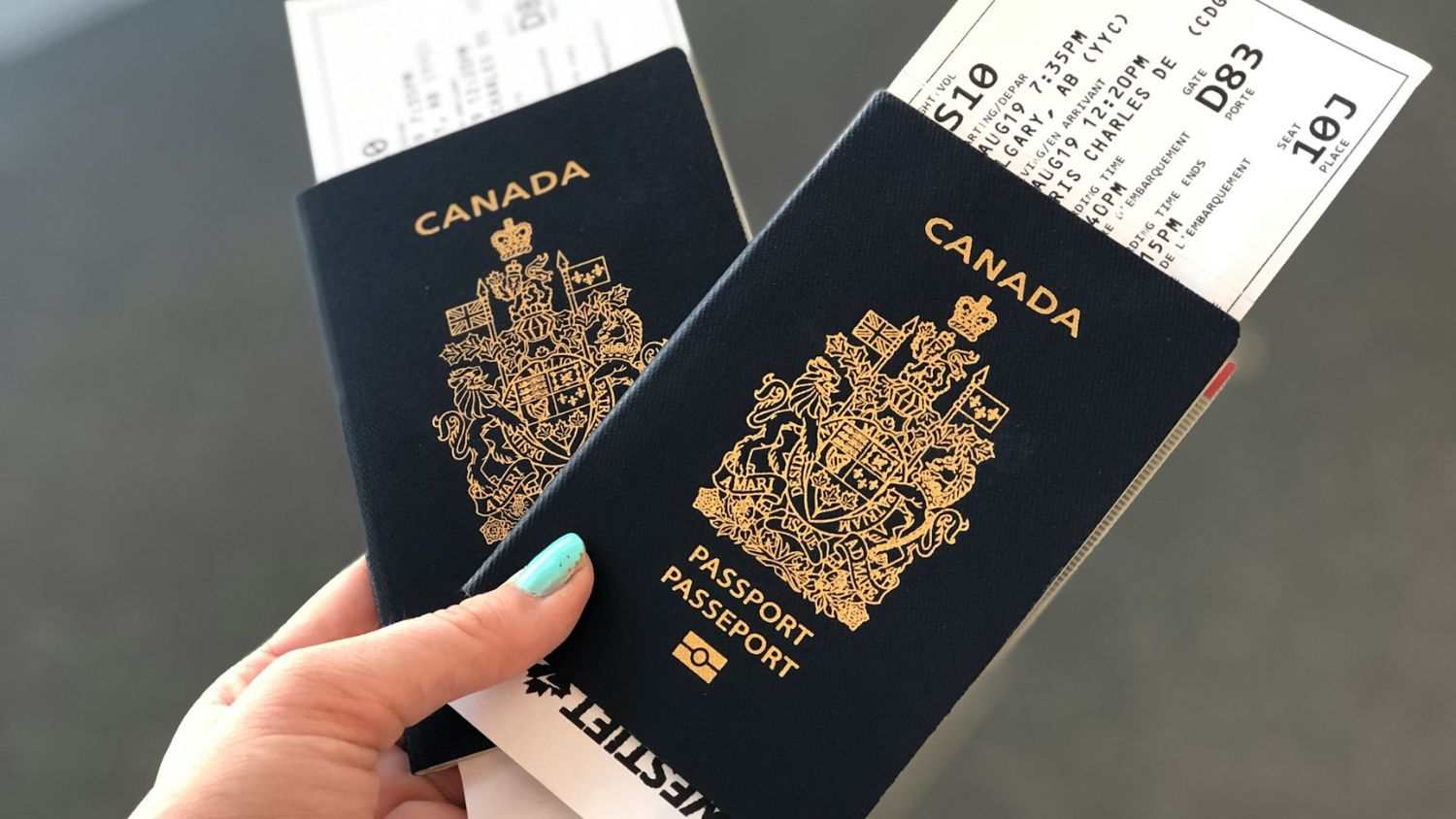Several years ago, I ended up being an extra in a Thai mini-series (they needed a foreigner to ‘play’ a foreigner). So I showed up at the set in Bangkok, wearing a tank top with my casual skirt and flip flops. While I knew women were required to cover their shoulders when visiting Thai temples, I hadn’t considered that my shoulders couldn’t be exposed on national television, either.
It was a quick fix, with the wardrobe department handing me a cardigan to wear over my tank top – while makeup artists applied bubble-gum-pink makeup to my face and teased my hair into a voluminous nest. But it was a reminder why doing your research is so important when travelling in a foreign country.
The joy of travel often comes from interacting with locals and experiencing new cultures. But travel is much more likely to be enriching when you respect local customs and etiquette. Being a traveller is like being a guest in someone else’s home – and you don’t want to make your hosts feel uncomfortable or awkward (or get yourself in hot water).
In some countries, for example, it’s okay to slurp your soup – in fact, you should slurp it. In others, a simple hand gesture, like pointing your finger or giving a thumbs-up, is highly offensive. And in some countries, not following the rules could land you in jail.
Before you travel, research your destination so you know ahead of time what’s considered rude, inappropriate or illegal. Learn the local customs, rules and laws – and don’t make the assumption that they don’t apply to you because you’re a tourist. They do.
Remember, travel is all about going with the flow, but learning how to be a gracious guest in another country can go a long way in enriching your travel experience. Here is what to know before you go. Take these top tips for travel etiquette
Greeting Like a Local
Learning a few basic words in the local language, such as hello, please and thank you, shows respect. But it’s also important to greet people appropriately – in Greece, for example, nodding your head is considered impolite. In some countries, locals prefer no physical contact, while in others, be prepared for an exchange of kisses on the cheeks. Even smiling can be misinterpreted; in some Asian cultures, smiling is disrespectful during a formal introduction.
What to Wear
If you’re on a beach in Brazil, it’s perfectly acceptable to wear a barely-there bikini, though contrary to popular belief women don’t go topless. In Thailand, you might see the occasional topless tourist, yet it’s highly frowned upon (and highly offensive) in Thai culture. As a general rule of thumb, don’t do as the tourists do (even if they’re getting away with it), but do as the locals do. In temples, churches, mosques and monasteries, it’s best to dress modestly – you may be required to cover your shoulders, knees and/or hair, or be denied entrance.
Eating and drinking
Dining etiquette varies from country to country, whether you’re eating with a knife and fork, a pair of chopsticks or your hands. In India, for example, you use your right hand for eating (your left hand is used for hygienic functions). In Japan, it’s considered rude to leave food on your plate (it’s wasteful!), while in China, it’s considered rude not to, since an empty plate suggests your hosts were skimping on portions. If you don’t like the food being served, be gracious and try a bite – never crinkle up your nose, no matter where you’re travelling.

Tipping is expected in some countries, like the United States, where it’s often frowned upon if you don’t tip enough
Tipping
Tipping is expected in some countries, like the United States, where it’s often frowned upon if you don’t tip enough. In most parts of Europe, however, tipping isn’t the norm – you simply round up the bill. In some countries, tipping may even be offensive. In Japan, leaving a tip could embarrass your waiter (high service is the standard) and in Norway, tipping is viewed as showing off. In some cases, tourists may get preferential treatment because they tip, creating resentment with locals, so don’t assume tipping is always the best course of action.
Bartering
In many parts of the world, like the bustling souks of Morocco or the colourful Mayan markets of Guatemala, bartering is expected. But haggling too hard could be embarrassing for the seller – after all, they still have to make a living. If you’re unsure about the average price for items you want to buy, ask at your hotel beforehand (and don’t expect to barter in a bricks-and-mortar store). Understanding the currency and a bit of the local language can earn you respect – and add to the enjoyment of bartering.
Photography
We’ve all seen that tourist with a not-so-subtle telephoto lens zooming in on an elderly Peruvian woman or praying Buddhist monk. It’s simply bad form to photograph individuals (especially children) without their consent. If you ask to take their photo, they may ask for money in return. In some countries, the tables could be turned, and locals may ask to take their photo with you. And, while it should go without saying, it’s not always appropriate to take a selfie, such as when you’re touring a concentration camp.

It’s simply bad form to photograph individuals (especially children) without their consent.
Off-Limits Topics of Conversation
You may not agree with the country’s politics or religious practices, but it’s not always appropriate to discuss them openly or publicly. Locals may be uncomfortable talking about these subjects, and in some parts of the world they could get in trouble for doing so. In certain countries, criticizing or insulting the government or royal family could result in severe penalties. In Thailand, for example, anyone who defames or insults the King, Queen, Heir-apparent or Regent could be jailed for up to 15 years.
Public displays of affection
In some countries, PDA could make locals uncomfortable or angry, or even get you arrested. In the United Arab Emirates, for example, PDA isn’t technically illegal, but any public displays of affection considered a violation against public morality are punishable under Article 58 of the UAE Penal Code – and that could land you in jail. PDA isn’t limited to kissing; even holding hands or hugging could be offensive in some parts of the world.

In some countries, PDA could make locals uncomfortable or angry, or even get you arrested.
Flow Like a Local
When you travel, plans will go awry. Trains might be late (or right on time, if you’re in Germany or Japan – but they’re not going to wait for you if you’re a minute late). If you’re on ‘island time,’ you may be waiting longer than expected to get service – and if you’re a Type A personality who likes to plan every detail of a trip, this can get frustrating. But getting angry won’t get you far. Try embracing a slower pace and living like the locals instead.
No matter how hard you try, it’s almost impossible to travel in a foreign country without inadvertently breaching a code of conduct at some point. Mistakes happen. If you do offend someone by pointing a finger or giving them a big bear hug, a sincere apology is almost always appreciated.
Travel is all about going with the flow, but learning how to be a gracious guest in another country can go a long way in enriching your travel experience.














